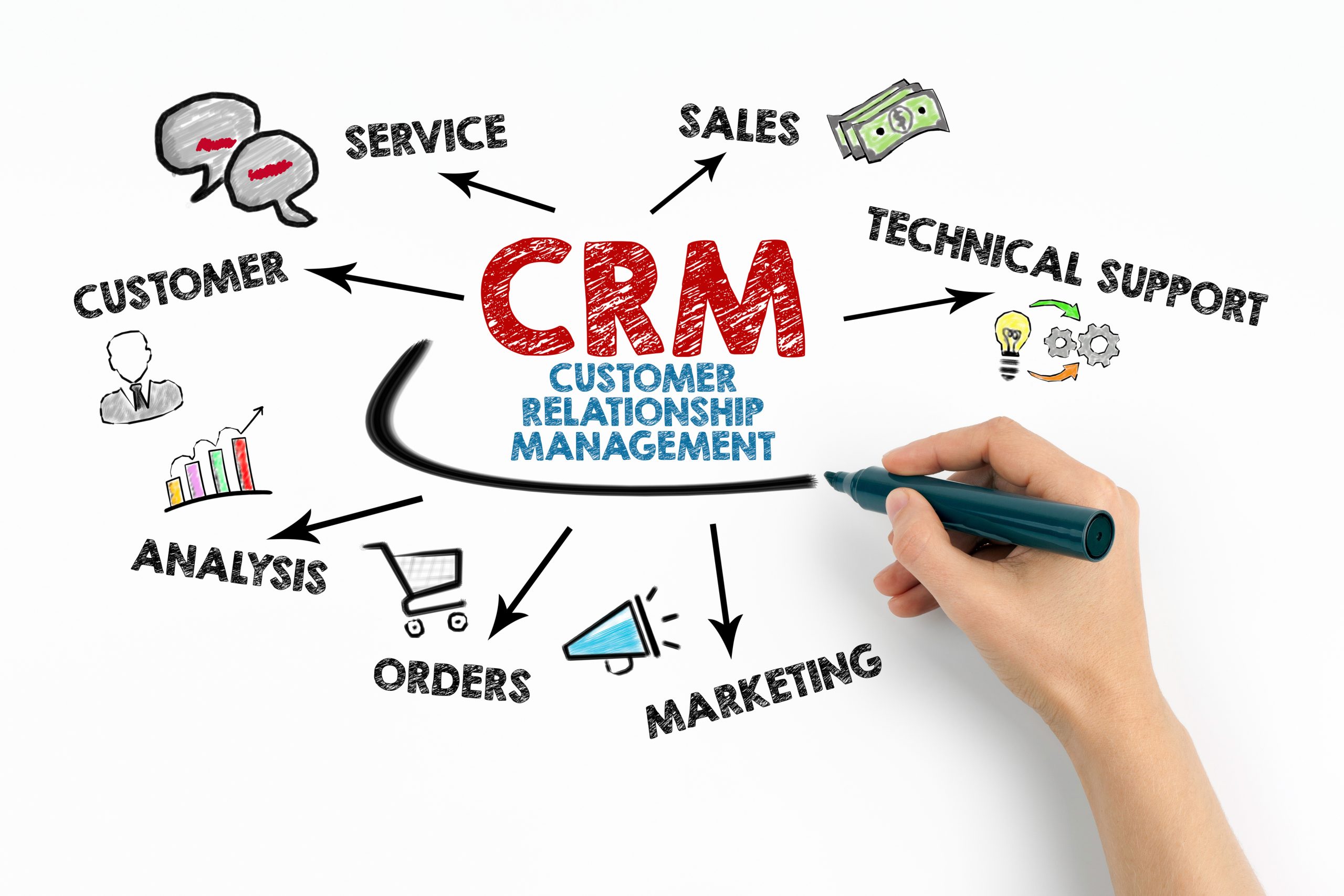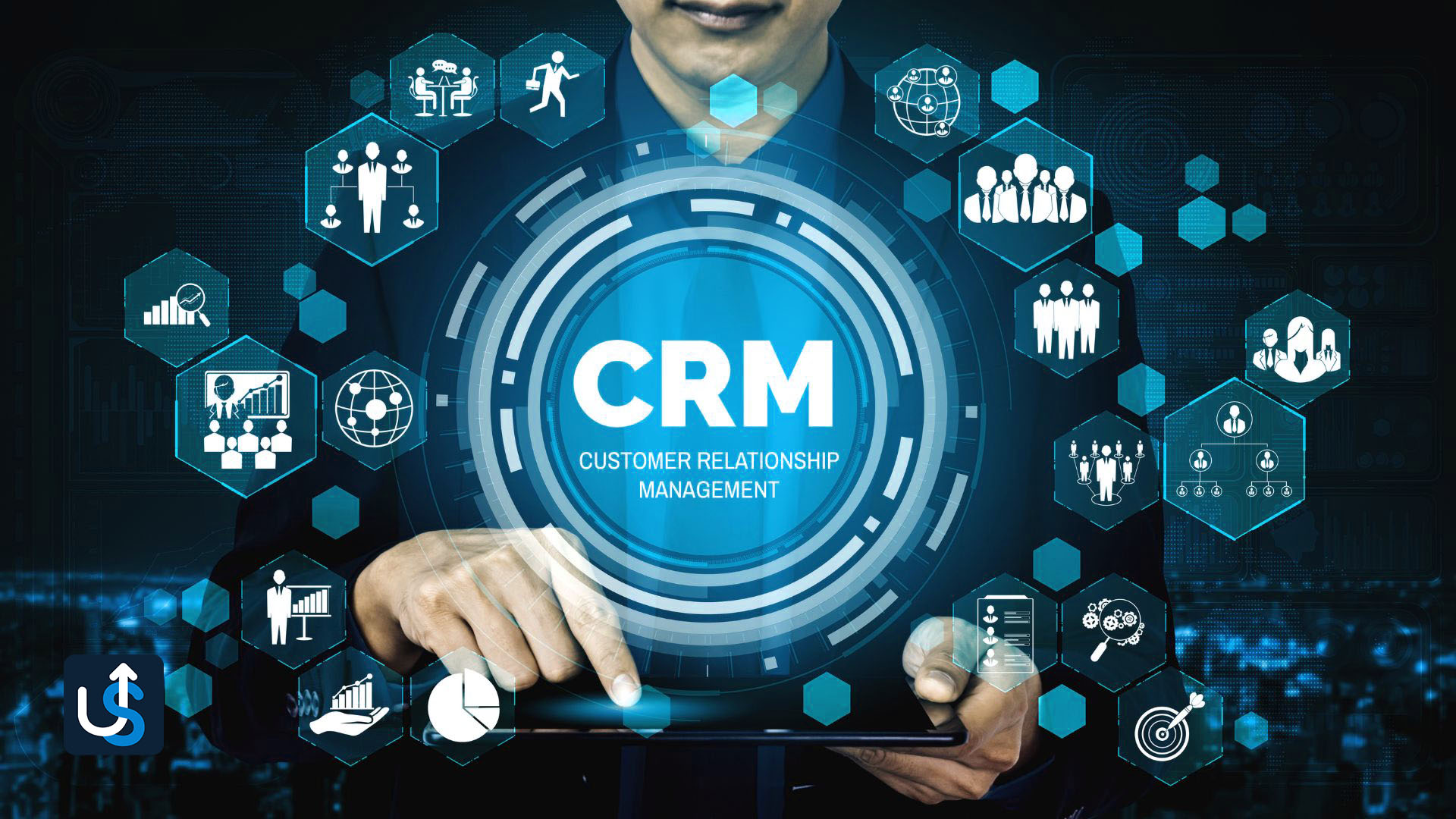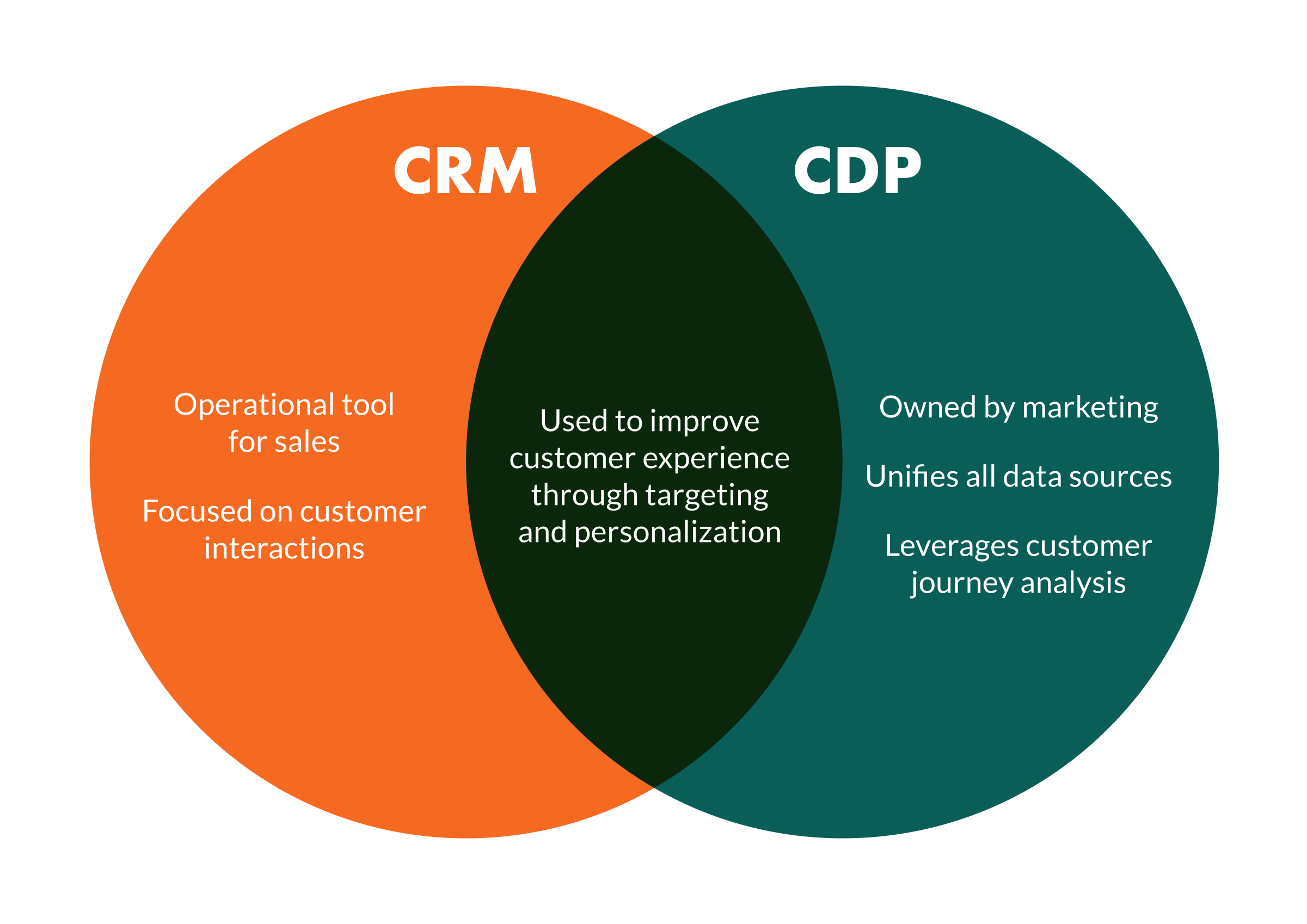Business
Crafting a Personalized CRM Solution for Lifestyle Service Providers

In the world of lifestyle service providers, a personalized CRM system plays a crucial role in streamlining operations and enhancing customer experiences. Let's delve into the realm of personalized CRM solutions tailored specifically for lifestyle businesses, exploring the key features, implementation strategies, and data security practices that are essential in this industry.
Definition of Personalized CRM for Lifestyle Service Providers

A personalized CRM (Customer Relationship Management) system for lifestyle service providers is a tailored software solution designed to help businesses in the lifestyle industry manage their interactions with customers in a personalized and efficient way. This type of CRM system focuses on understanding the unique needs and preferences of clients to provide a more personalized experience.
Benefits of Personalized CRM Systems for Lifestyle Service Businesses
- Improved Customer Satisfaction: By keeping track of customer preferences, purchase history, and feedback, lifestyle service providers can offer personalized services that meet individual needs, leading to higher customer satisfaction.
- Enhanced Customer Retention: Personalized CRM systems help businesses build stronger relationships with customers, increasing loyalty and reducing customer churn.
- Targeted Marketing Campaigns: By analyzing customer data, lifestyle service providers can create targeted marketing campaigns that resonate with their target audience, leading to higher conversion rates.
- Streamlined Operations: A personalized CRM system can automate repetitive tasks, streamline processes, and improve overall efficiency, allowing businesses to focus on delivering high-quality services.
Importance of Tailoring CRM Solutions for Lifestyle Service Providers
Every industry has unique requirements and challenges, and the lifestyle service sector is no exception. It is crucial for CRM solutions to be tailored specifically to the needs of lifestyle service providers to address industry-specific pain points and deliver maximum value.
Generic CRM systems may not be able to capture the nuances of the lifestyle industry, making personalized CRM solutions essential for success in this competitive market.
Key Features of a Personalized CRM for Lifestyle Service Providers
Personalized CRM systems for lifestyle service providers should have specific features tailored to their unique needs and requirements. These key features set them apart from generic CRM systems and help streamline operations and improve customer relationships.
Essential Features for Lifestyle Service Providers
- Customer Segmentation: The ability to segment customers based on their preferences, behaviors, and demographics is crucial for personalized communication and targeted marketing campaigns.
- Appointment Scheduling: A feature that allows clients to book appointments online and helps service providers manage their schedules efficiently.
- Personalized Communication: Automation tools for sending personalized messages, reminders, and follow-ups to clients based on their preferences and past interactions.
- Feedback and Review Management: A system for collecting and managing feedback from clients, as well as monitoring online reviews to maintain a positive reputation.
- Integration with Marketing Platforms: Seamless integration with marketing tools and platforms to track campaign performance and analyze customer engagement.
Comparison with Generic CRM Systems
Generic CRM systems may lack the specific features required for lifestyle service providers, such as appointment scheduling and personalized communication tools. They are not tailored to the unique needs of this industry and may not provide the level of customization necessary for effective client management.
Automation for Enhanced Personalized CRM
- Automated Reminders: Sending automated reminders for appointments, follow-ups, and special promotions to keep clients engaged and informed.
- Lead Nurturing: Implementing automated lead nurturing campaigns to guide potential clients through the sales funnel and convert them into paying customers.
- Data Analysis: Utilizing automation for data analysis and reporting to track customer behavior, preferences, and trends for better decision-making.
- Personalized Recommendations: Using automation to provide personalized product or service recommendations based on customer data and interactions.
Implementation and Integration of Personalized CRM

Implementing a personalized CRM system for a lifestyle service provider involves several key steps to ensure a smooth transition and optimal integration into existing business processes.
Process of Implementing a Personalized CRM System
- Assessment of Current Needs: Begin by conducting a thorough assessment of the business's specific requirements and goals that the CRM system should address.
- Selection of the Right CRM Solution: Research and choose a CRM platform that aligns with the unique needs of lifestyle service providers, such as client relationship management, appointment scheduling, and marketing automation.
- Data Migration and Customization: Transfer existing customer data into the CRM system and customize the platform to meet the specific workflows and processes of the business.
- Training and Onboarding: Provide comprehensive training to staff members on how to effectively use the CRM system to maximize its benefits and streamline operations.
Tips for Seamless Integration with Existing Systems
- Ensure Compatibility: Verify that the new CRM system is compatible with the current software and tools used by the business to avoid any technical issues.
- Data Integration: Establish seamless data integration between the CRM system and other systems to ensure a unified view of customer information across all platforms.
- Customization and Configuration: Customize the CRM system to integrate with existing processes and workflows, ensuring a cohesive and efficient operation.
Challenges and Solutions during Implementation
- Resistance to Change: Some employees may resist adopting the new CRM system. Address this challenge through thorough training, clear communication of benefits, and ongoing support.
- Data Accuracy and Migration: Ensuring data accuracy during migration is crucial. Conduct thorough data validation and testing to prevent any discrepancies or loss of information.
- Integration Complexity: Integrating the CRM system with existing systems can be complex. Seek assistance from IT experts or CRM providers to navigate any technical challenges.
Data Security and Privacy in Personalized CRM

Data security and privacy are paramount for lifestyle service providers utilizing CRM systems to manage customer relationships. Protecting sensitive customer information not only builds trust with clients but also ensures compliance with data protection regulations.
Importance of Data Security and Privacy
Maintaining the confidentiality and integrity of customer data is crucial for lifestyle service providers. A breach in data security can lead to severe consequences such as loss of customer trust, financial penalties, and damage to the business's reputation. By prioritizing data security and privacy, service providers can safeguard customer information and demonstrate their commitment to protecting sensitive data.
Best Practices for Securing Customer Data
- Implement encryption techniques to secure data both at rest and in transit.
- Enforce strong access controls and authentication mechanisms to restrict unauthorized access to customer information.
- Regularly update security patches and software to address vulnerabilities and protect against cyber threats.
- Conduct regular security audits and assessments to identify and mitigate potential risks to customer data.
- Educate employees on data security best practices and establish clear protocols for handling customer information.
Compliance with Data Protection Regulations
- Adherence to data protection regulations such as GDPR, CCPA, and HIPAA is essential for lifestyle service providers using CRM systems.
- Ensure transparency in data collection practices and obtain explicit consent from customers before storing or processing their personal information.
- Maintain accurate records of data processing activities and be prepared to respond to data subject requests in a timely manner.
- Regularly review and update privacy policies to reflect compliance with evolving data protection laws and regulations.
Conclusion
As we wrap up our discussion on personalized CRM for lifestyle service providers, it's evident that implementing a customized CRM system can truly revolutionize the way these businesses operate. By focusing on individualized customer relationships and efficient data management, lifestyle service providers can elevate their services to new heights of excellence.
Questions Often Asked
How can personalized CRM benefit lifestyle service providers?
Personalized CRM systems can help lifestyle businesses tailor their services to individual customer needs, improve customer retention, and boost overall efficiency.
What are the key challenges in integrating CRM systems for lifestyle service providers?
Integrating CRM systems with existing business processes can be challenging due to data migration issues, training requirements, and ensuring seamless communication between different systems.
How does data security play a role in personalized CRM for lifestyle service providers?
Data security is crucial in CRM systems for lifestyle providers to protect sensitive customer information, maintain trust, and comply with data protection regulations.
-

 General7 months ago
General7 months agoSmall Home Renovation Ideas: 5 Creative Ways to Maximize Space
-

 General9 months ago
General9 months agoAI-powered lifestyle design tools for home planning: Revolutionizing Efficiency and Customization
-

 General9 months ago
General9 months agoCaptivating Title: Interior and Exterior Design Ideas for Wellness Retreats
-

 General8 months ago
General8 months agoCaptivating Fire Pit Patio Design Ideas to Transform Your Outdoor Space
-

 General7 months ago
General7 months agoThe Ultimate Guide to the Best Architectural Rendering Services for High-End Real Estate
-

 General8 months ago
General8 months agoEco-Friendly House Paint Options: A Guide to Sustainable Painting Choices
-

 General8 months ago
General8 months agoCrafting Energy Efficient Home Exteriors: A Guide to Sustainability
-

 General8 months ago
General8 months agoCrafting a Timeless Aura: Unveiling the Magic of Scandinavian Interior Design





